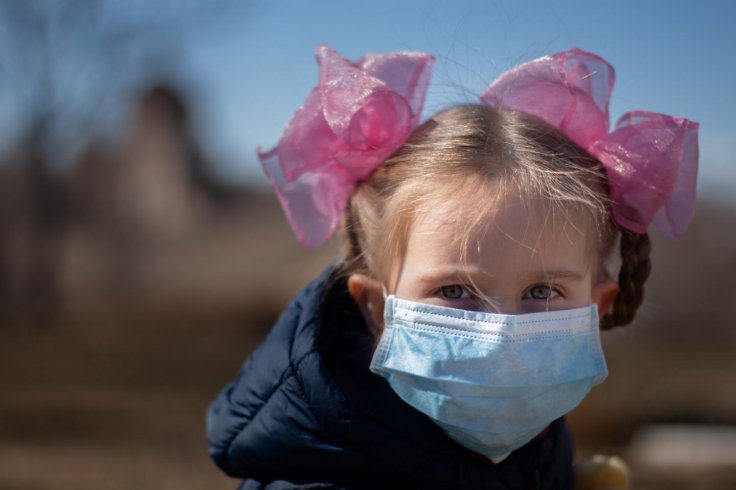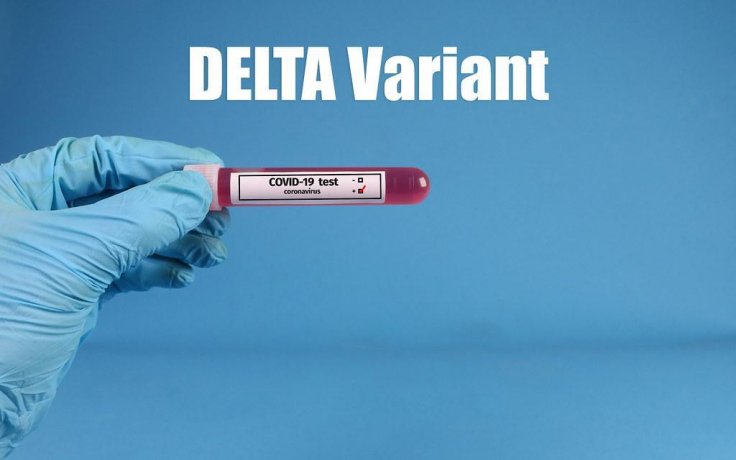Up to one in seven children and young people who caught SARS-CoV-2 may have symptoms linked to the virus about three months later, suggest preliminary findings from the world's largest study on 'long Covid' in children.
The study, led by the UCL and Public Health England researchers, surveyed 3,065 11- to 17-year-olds in England who had positive results in a PCR test between January and March as well as a matched control group of 3,739 11- to 17-year-olds who tested negative over the same period.
Three or More Symptoms of Ill Health
The findings, published on the preprint site Research Square, showed that when surveyed at an average of 15 weeks after their test, 14 per cent more young people in the test positive group had three or more symptoms of ill health, including unusual tiredness and headaches, than those in the test negative group, while 7 per cent (one in 14) more had five or more symptoms.

"There is consistent evidence that some teenagers will have persisting symptoms after testing positive for SARS-CoV-2. Our study supports this evidence, with headaches and unusual tiredness the most common complaints," said lead author Professor Sir Terence Stephenson, from UCL.
No Difference in Mental Health
"The difference between the positive and negative groups is greater if we look at multiple symptoms, with those who had a positive test twice as likely to report three or more symptoms 15 weeks later. This suggests that the number of symptoms should be considered when clinicians seek to define long Covid in children," he added.

The study also followed-up the children for up to two years which showed that there was no difference in mental health and wellbeing scores between children who tested positive compared to those who tested negative, but a high proportion in both groups reported being a bit or very worried, sad or unhappy (41 per cent of people who tested positive versus 39 per cent of those who tested negative).









